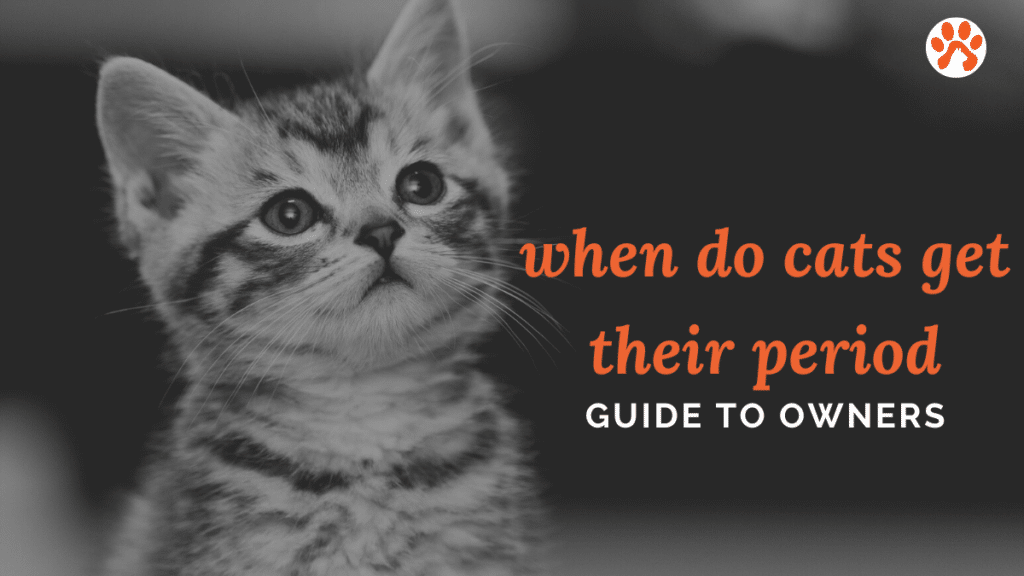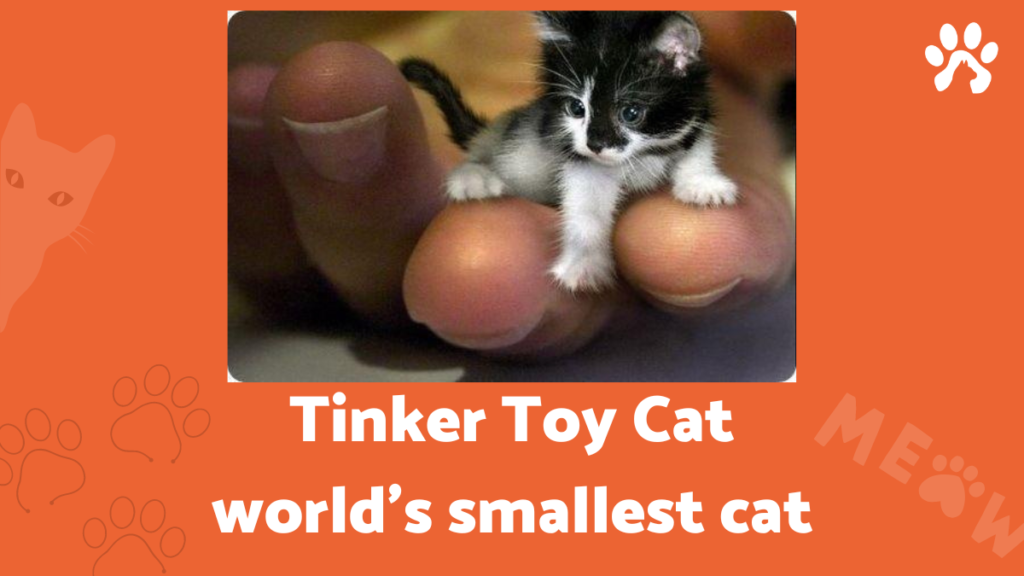How Often Cats Go Into Heat? Understanding the cats Reproductive Cycle Today.Cats are fascinating creatures, and their reproductive cycle is no exception. Unlike dogs, which go into heat twice a year, cats are poly-estrous, meaning they can go into heat multiple times within a year. But how often do cats go into heat? And what does it mean for your furry friend’s health and well-being? In this article, we’ll explore the feline reproductive cycle and answer some of the most common questions about how often cats go into heat.
1. Understanding the cats Reproductive Cycle
Before we dive into the frequency of feline heat cycles, let’s first understand how a cat’s reproductive cycle works. A cat’s reproductive system is triggered by hormones released by the pituitary gland and the ovaries. The pituitary gland produces follicle-stimulating hormone (FSH) and luteinizing hormone (LH), which stimulate the ovaries to produce estrogen.
Estrogen is the primary hormone responsible for initiating the reproductive cycle. When estrogen levels rise, the cat’s body prepares for mating and fertilization. The female cat, or queen, will display several behavioral and physical changes during this time, including:
- Vocalization: Female cats in heat are known for their distinctive meows, which are louder and more frequent than usual. This is the queen’s way of signaling to male cats that she is ready to mate.
- Rubbing and Rolling: Queens in heat will often rub their faces and bodies against objects and roll on the ground. This behavior is an attempt to mark their territory and attract male cats.
- Swelling and Discharge: The queen’s vulva will become swollen and moist as her body prepares for mating. This is also when she is most fertile and can become pregnant.
- Increased Affection: Female cats in heat may become more affectionate and seek out attention from their owners.
If the queen mates and becomes pregnant, her reproductive cycle will come to an end until she gives birth. If she does not mate, she will enter a period of sexual inactivity before going into heat again.
2. How Often Cats Go Into Heat:
Now that we understand the basics of the feline reproductive cycle, let’s answer the question at hand: how often do cats go into heat? The answer is that it depends on several factors, including the cat’s age, breed, and environment.
Age:
Cats typically reach sexual maturity between 5 and 9 months of age. Once they reach sexual maturity, they can go into heat at any time throughout the year. However, younger cats may experience longer heat cycles with more frequent estrus cycles.
Breed:
Some cat breeds are more prone to frequent heat cycles than others. For example, Siamese and Burmese cats are known to have more frequent heat cycles than other breeds.
Environment:
A cat’s environment can also play a role in their heat cycles. Cats kept indoors may experience more frequent heat cycles than those kept outdoors. This is because indoor cats are exposed to artificial lighting and temperature-controlled environments, which can disrupt their hormonal balance.
On average, cats go into heat every 2 to 3 weeks during the breeding season. The breeding season typically runs from early spring to late fall, although indoor cats may go into heat year-round. Each heat cycle can last anywhere from 4 to 10 days, with the average being around 6 days.
3. What Are the Risks of Frequent Heat Cycles?
Frequent heat cycles can have several health risks for female cats. The most obvious risk is pregnancy, which can occur if the queen mates during her fertile period. If she becomes pregnant but is not properly cared for, she may experience complications during pregnancy and childbirth.
Another risk of frequent heat cycles is pyometra, a potentially life-threatening infection of the uterus. Pyometra occurs when the uterus becomes filled with pus, usually due to hormonal imbalances caused by repeated heat cycles. Symptoms of pyometra include lethargy, vomiting, and a distended abdomen. If left untreated, pyometra can lead to sepsis and death.
Frequent heat cycles can also lead to behavioral issues in female cats. Queens in heat may become agitated and restless, which can cause them to urinate outside of the litter box or become aggressive towards their owners. This behavior can be frustrating for owners and can lead to strained relationships between cats and their families.
4. How Can You Prevent Frequent Heat Cycles?
If you’re concerned about your female cat’s health or behavioral issues related to frequent heat cycles, there are several steps you can take to prevent them.
Spaying:
The most effective way to prevent heat cycles is to have your female cat spayed. Spaying involves the removal of the ovaries and uterus, which eliminates the hormones responsible for heat cycles. Spaying also significantly reduces the risk of pyometra and certain types of cancer in female cats.
Hormone Injections:
If you’re not ready to spay your cat, hormone injections can be used to suppress heat cycles. These injections contain synthetic hormones that prevent the ovaries from producing estrogen, which stops the reproductive cycle. However, hormone injections can have side effects and are not recommended for long-term use.
Environment:
You can also reduce the frequency of heat cycles by controlling your cat’s environment. Keeping your cat indoors and away from male cats can help prevent unplanned pregnancies and reduce the frequency of heat cycles.
5. Conclusion:
Understanding your cat’s reproductive cycle is an essential part of responsible pet ownership. Knowing how often cats go into heat can help you identify potential health risks and take steps to prevent them. If you’re concerned about your female cat’s health or behavior, talk to your veterinarian about spaying or other preventative measures. By taking proactive steps to care for your furry friend, you can help ensure a long and healthy life for your feline companion.
You may Also Like: Why Cats Are So Soft: 5 Fascinating Facts About Cat Fur

